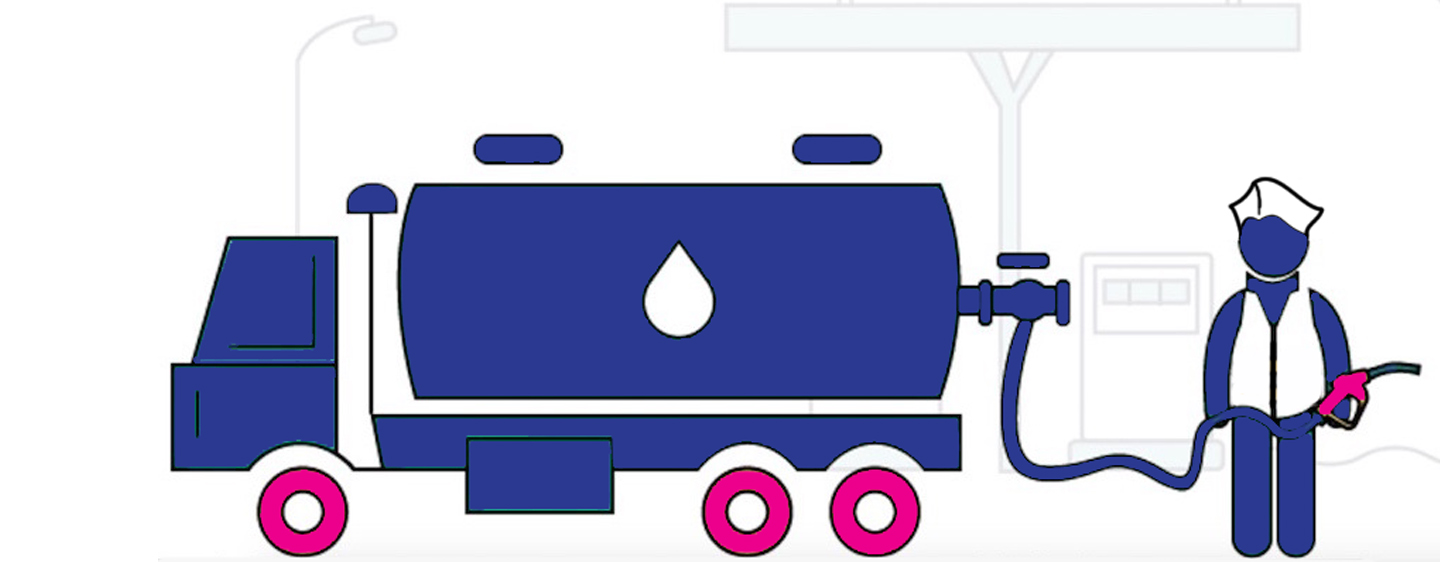The central government continues to have full control over fuel prices and uses it to influence electoral outcomes.
The central government continues to have full control over fuel prices and uses it to influence electoral outcomes.
Just a day after the Karnataka elections, media outlets widely reported that fuel prices suddenly increased after a 19 days hiatus. But how could that be? Since 16th June 2017, petrol and diesel prices have been completely deregulated by the government. In fact, they change on a daily basis based on international oil prices and exchange rates.
During the hiatus period, the price of crude oil in the international markets went up from about $73 to over $77 per barrel and the Indian Rupee depreciated by about 60 paise. Taking these facts into consideration, the ‘deregulated’ prices of fuel should have gone up by at least 5 percent. But they did not.
So why did the prices not change for almost three weeks? To understand the answer, let us have a look at how the prices of petrol and diesel are decided –
1. Oil production and export companies, both domestic and foreign, extract crude oil and sell it to oil marketing companies at prevailing international prices.
2. Oil marketing companies refine the crude oil into petrol, diesel, and other components and then transport refined products to local dealers after adding their profit.
3. The dealers store and sell oil at pumps after adding their commission.
So, what happened in the 19 days preceding Karnataka elections? Why would the oil marketing companies suffer losses instead of increasing fuel prices to continue making profits?
Read more from our daily section
The answer is simple, prices of petrol and diesel were never deregulated. Since 57% the price is mostly taxes, duties, cesses, and dealer margins; the central and state governments have vast powers to lower the prices temporarily. They often exercise their powers before elections to influence voters.
Moreover, three public-sector undertakings – Bharat Petroleum, Indian Oil, and HP control 95 percent of the oil marketing business in India. Full government control over these companies, combined with no incentives for them to make profits, makes sure that the government can dictate the so-called deregulated fuel prices. Due to no price adjustments in recent past, the oil marketing companies have already lost ₹4 billion. Of course, we will pay for it with higher taxes, cesses, and more jumlas.
It is time to stop politicians from controlling fuel prices, as long as they do so, they will keep manipulating us to come back to power. We should also demand that the government stops taking 57 percent cut when we buy fuel – a necessity of modern life.
What are your thoughts? Do you think the price of petrol and diesel should be controlled by the government? Please let us know in comments.

